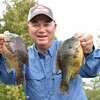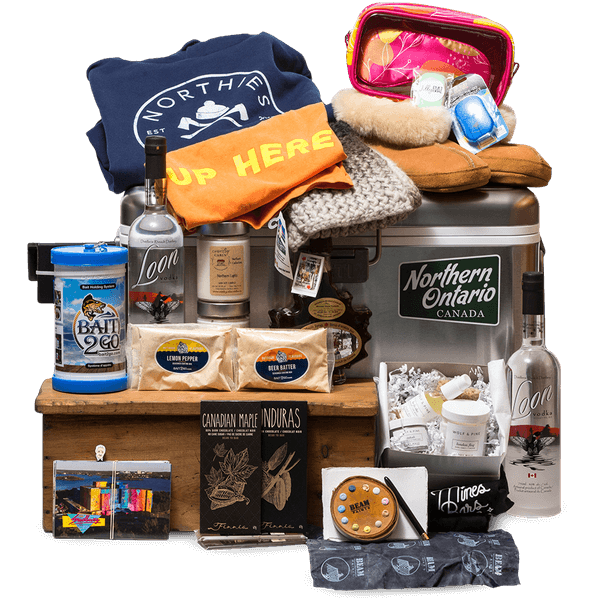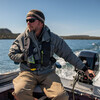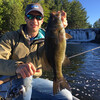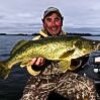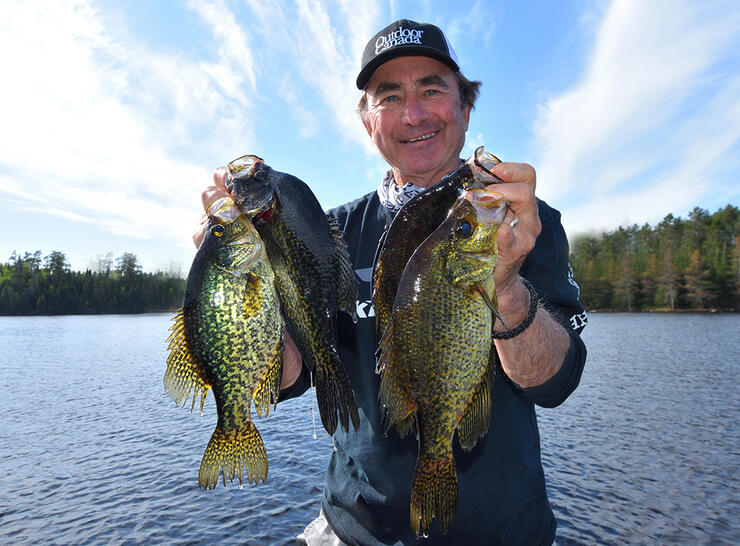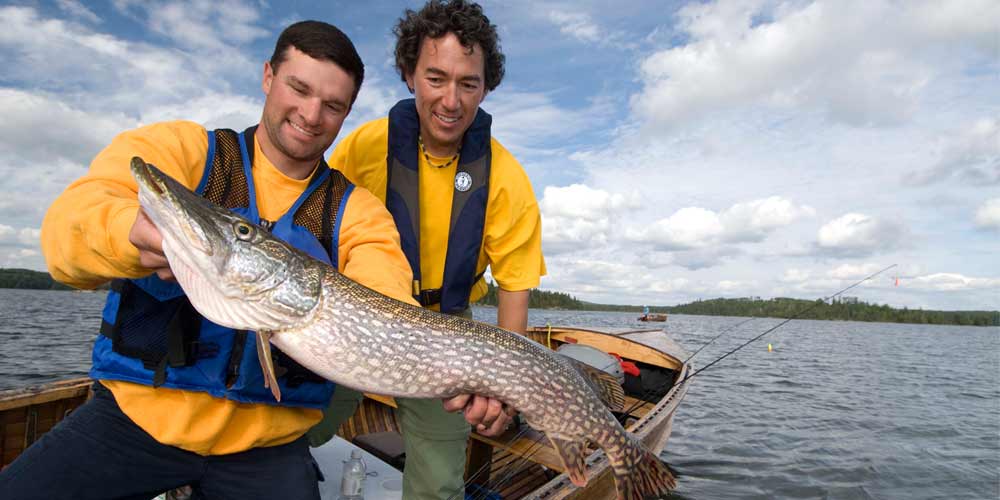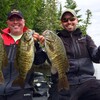
Hello Summertime Crappies
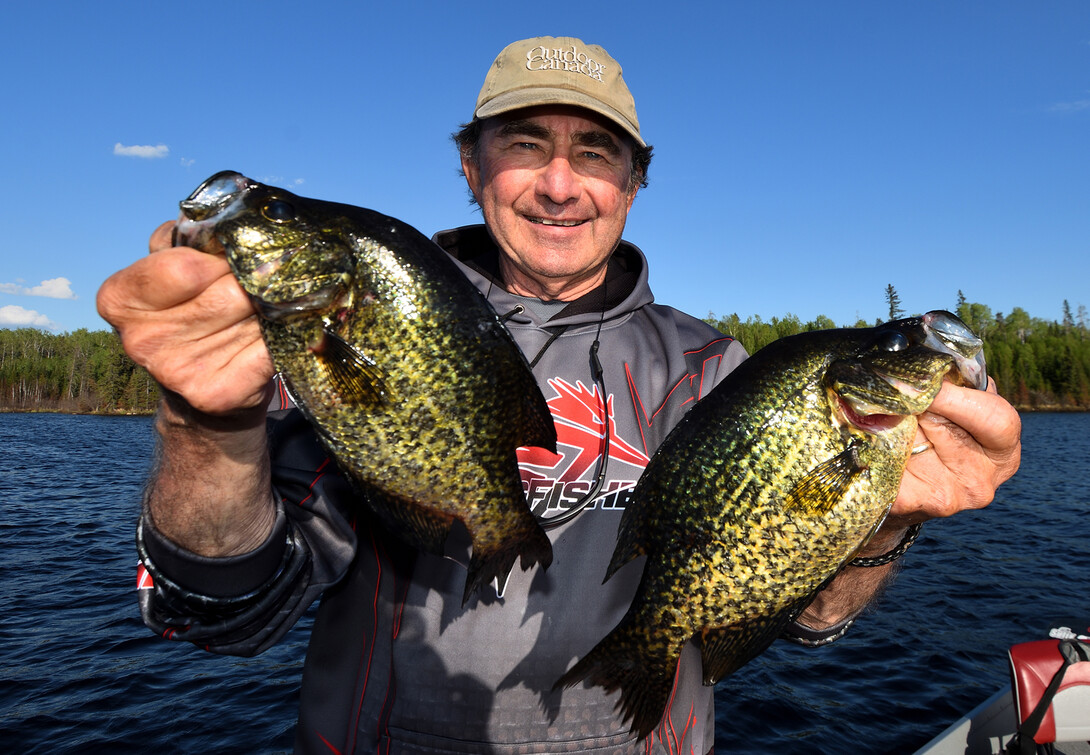
If you listen to most anglers who fish for black crappies–the most popular panfish across Northern Ontario–you'd quickly conclude that the only time you can successfully target the spunky paper mouths is in the fall, winter and early spring when the fish pull up shallow to spawn. And there is no question about it, these are prime times to catch one of our favourite fish. But crappies don't suddenly sprout wings and fly off to distant lands when the water warms and weeds start sprouting lushly up from the bottom. So why end the party early?
The reason, of course, is that crappies have a reputation for being much harder to find and catch in the lazy hazy crazy days of summer. But with these tips and tricks, you can and will learn to catch some beauties.
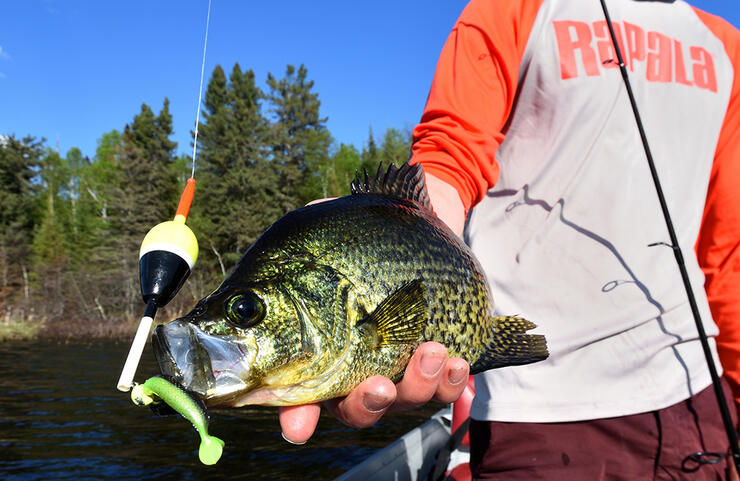
I've been lucky to have fished for crappies in Northern Ontario since the mid-1970s when most anglers didn't even know they existed in our north country lakes and rivers. Back then, it was common to be the only person fishing for them, even during peak periods. How times have changed? But here is something cool: come mid-to late-June, and throughout the summer months, you can turn back the clock and be the only person fishing for them–if you keep a few key principles top of mind.
The first is that crappies are a warm water species. As a matter of fact, in the lab, they grow best in water temperatures averaging 24°C or 75°F, while their upper optimal level is a steamy bathtub-like 30°C or 86°F. Secondly, crappies love to congregate and spend time socializing with other crappies, preferably outside an aquatic bar, cafe, lounge or restaurant, so when you find one you find a crowd. Finally, they love to suspend and will often loiter for hours–even days–in the middle of the water column. So, how can we take this critical information and use it to catch more and bigger fish this summer?
The first way is to be temperature conscious, but in a manner, you may not initially consider. For example, where are you most likely to find the tepid warm water that crappies like best? In the soupy shallows, for sure, but what about right at and under the surface? Even when you're fishing in moderately deep water where it is much cooler on the bottom, 20 or 25 feet down, put your hand over the side of the boat and the surface feels like the hot water tap running between your fingers.
Now, where are we likely to find those popular underwater nightclubs, bars and cafes around which crappies love to socialize with their friends? Deep weed lines and weed edges are my favourite spots, especially in lakes where vegetation isn't too plentiful. That may sound contradictory, but a shortage of vegetative cover actually makes it easier to find the productive points, inside turns and spots where a few boulders, stones, branches, or woody cover overlaps the grass.
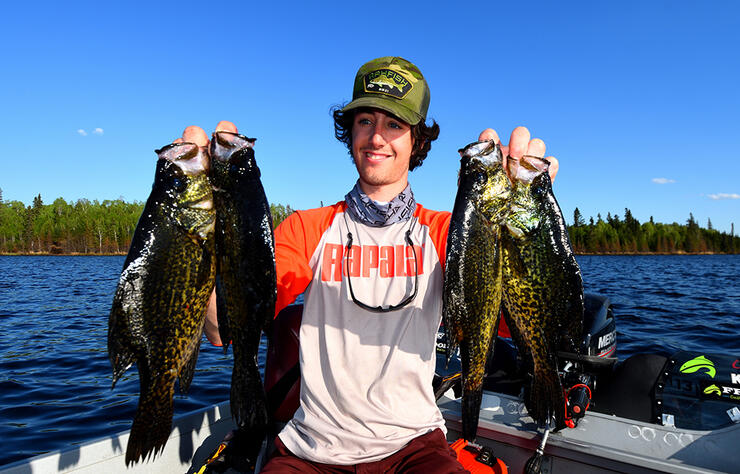
This brings us to perhaps the most intriguing habit of summertime crappies. The fact is they love to suspend above the bottom of the lake, often in the middle of the water column. Many years ago, a good friend and cinematographer, Doug Volpel was filming a television show on a lake in Northern Ontario. At one stage during the production, he grabbed an underwater camera, laid it over the side of the boat and looked into the viewfinder. He was shocked. For as far as he could see into the distance, it was littered with giant black crappies swimming just under the surface in the deliciously warm water.
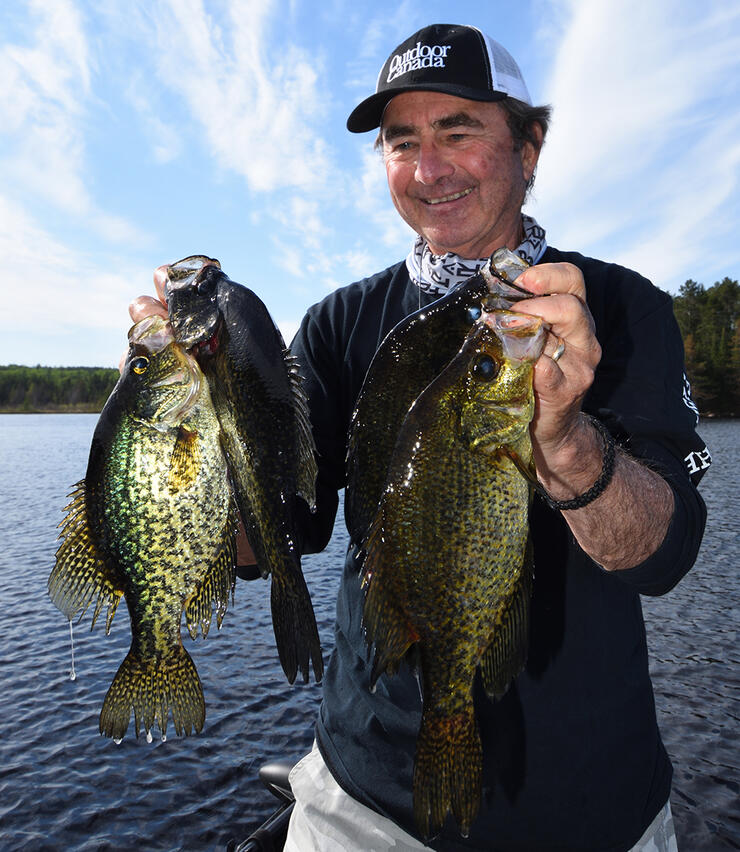
Doug's eye-opening experience highlights why it is so important when you're fishing for crappies in the summer time, to use lures like small crankbaits, soft plastic swimbaits, the slenderest jerk baits and light jigs positioned under a float that let you prospect, strain, and fish the entire water column from top to bottom.
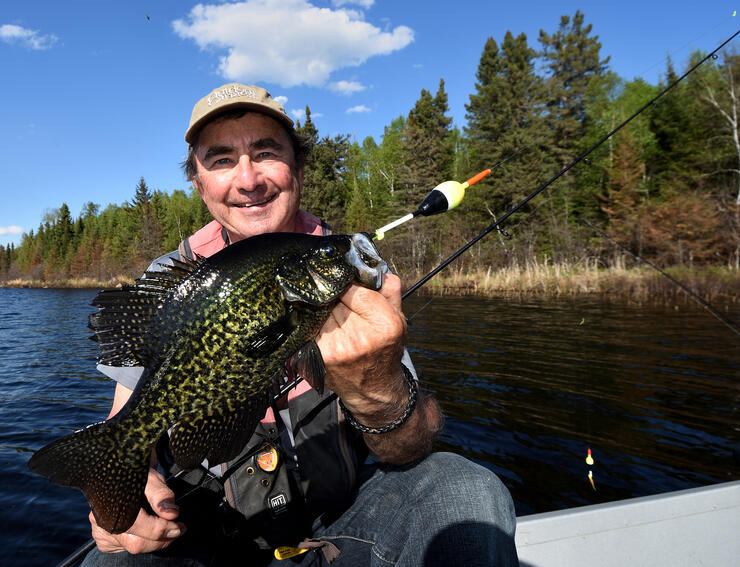
Try these simple to-adapt tips this summer, when the water warms up and the weeds sprout lushly, and you'll understand why summertime is the new prime time to catch black crappies in Northern Ontario.
Recommended Articles

Four Seasons of Bass in Ontario
Fishing and Foraging
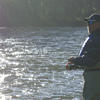
5 Places to Shore Fish
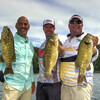
Top 5 Baits for Smallmouth and Largemouth Bass
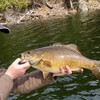
Top 5 Flies for Smallmouth Bass
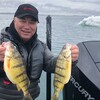
Spring Perch Fishing
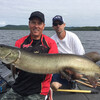
Talon Lake Lunge
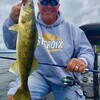
3 Great Ontario Walleye Destinations
Ontario Brook Trout
Top 5 Musky Destinations in Ontario
Awesome Algonquin
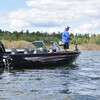
The Best of Both Worlds
Don’t Be Afraid Of Muskies
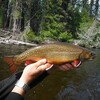
Terrestrial Flies for Brook Trout
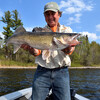
Take your tackle box to the next level
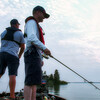
Batchawana Bay Smallmouth Bass
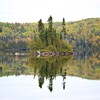
Fishing Caribou Lake
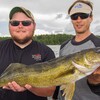
Manotak Lodge
Five Brook Trout Flies
